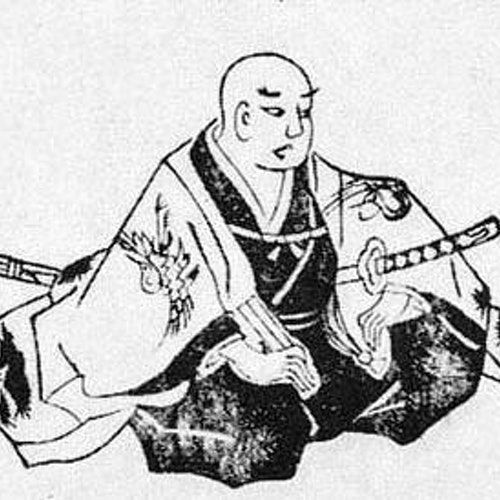100 Heroes: Ihara Saikaku
The gay man who celebrated the love of the samurai warriors of Japan.

Born in 1642, Ihara Saikaku was a Japanese poet and creator of the "floating world" genre of Japanese prose.
The son of a wealthy merchant in Osaka, Ihara Saikaku first studied haikai poetry under Matsunaga Teitoku and later studied under Nishiyama Sōin of the Danrin school of poetry, which emphasised comic linked verse.
Later in life, he began writing racy accounts of the financial and amorous affairs of the merchant class and the demimonde. These stories catered to the whims of the newly prominent merchant class, whose tastes of entertainment leaned toward the arts and pleasure districts.
In 1687, Ihara Saikaku published The Great Mirror of Male Love, with the subtitle The Custom of Boy Love in Our Land. This is a collection of stories about sex between men.
The Great Mirror of Male Love has two parts. The first four sections embody romantic relationships between warriors and monks. The next four sections focus on the Kyoto-Osaka theatres, dealing with stories about man-on-man encounters among the kabuki actors.
The stories are usually about homoerotic relationships between an adult male and an adolescent youth.
In the first four sections, the samurai warriors are the image of manliness - always dominant. The boys are generally depicted as students of the samurai - always submissive.
In the sections focused on life in the theatre, the young kabuki actors are more like prostitutes to the older townsmen.
Saikaku claimed that heaven and earth in Japanese mythology are bound in the same way that two male lovers are bound.